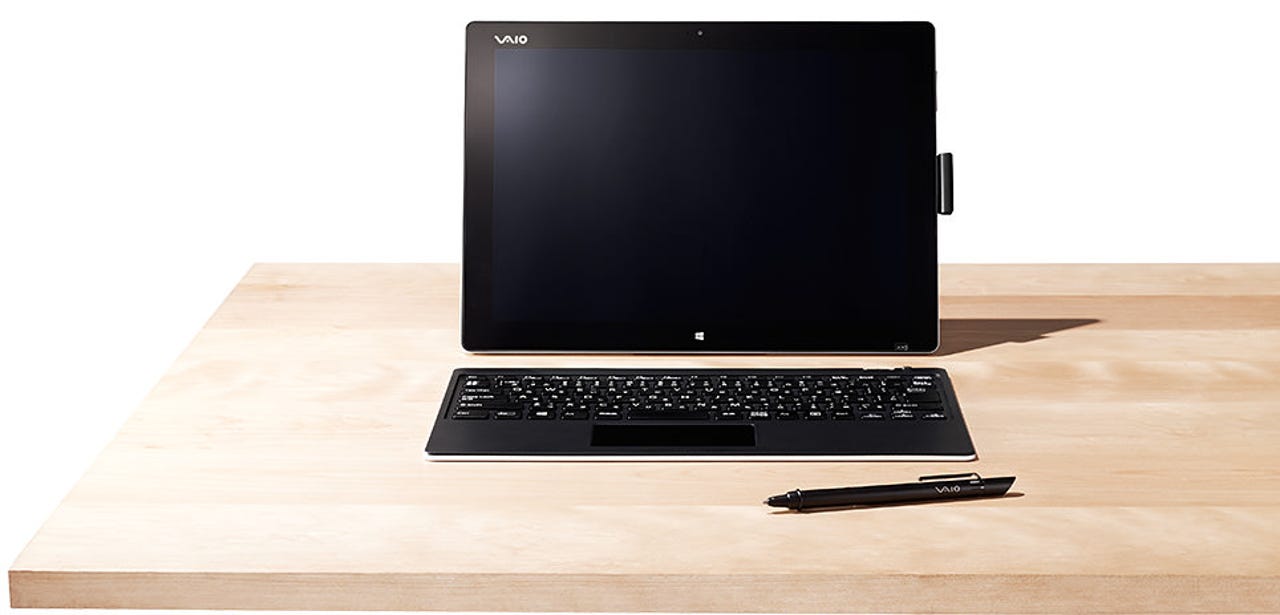Microsoft Store to start selling Vaio Z Canvas Windows convertible tablet in October


Back in May, the company that purchased the rights for the Vaio brand from Sony put up a webpage announcing that Vaio PCs would return to the U.S. in the fall. Though that website hasn't changed, the CEO of the private equity firm that bought the Vaio rights told The Wall Street Journal more details about bringing the brand back to the States.
Featured
According to Japan Industrial Partners CEO Yoshimi Ota, Vaio systems will start appearing in Microsoft retail stores starting in October. The company's plan to is double down on the premium reputation that's Sony's PC had, positioning Vaio computers as a Windows alternative to Macs for creative professionals looking for a similar design sensibility.
Ota bluntly said that Vaio isn't interested in "cheap models for everyone," and the first model it will be offering U.S. customers confirms that sentiment. Our sister site CNET reports that the Vaio Z Canvas Windows convertible tablet will be selling for a price that even Apple might blush at: $2,199. That gets you a very well-equipped hybrid laptop -- Intel Core i7 processor, 16GB of RAM, 256GB of built-in storage, and a 2,560x1,704 12.3-inch display -- but it's hundreds of dollars more than Microsoft's Surface Pro 3, which is already pricey at over $1,500 for its highest-end configuration.
One benefit you'll get with the purchase of the Vaio Z Canvas is that Microsoft will sell it as a "Signature Edition PC," which means it won't ship with any bloatware that consumers detest and PC makers love to pre-install. It will be available to pre-order online next month before reaching Microsoft's brick-and-mortar retail locations in October.
How many people will want to purchase a $2,299 convertible tablet remains to be seen, though the company is clearly banking on Vaio's reputation for luxury as much as PC prowess. (Given the maturing tablet market and flatlining computer sales in general, this might not be the best time to be testing that strategy.) In addition to expanding Vaio sales to Brazil, it also plans new desktops, along with trendy gadgets like wearables and robots.